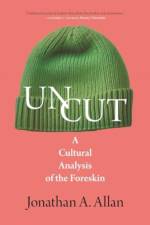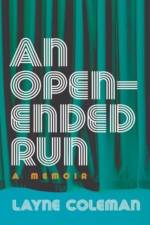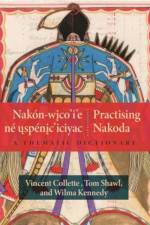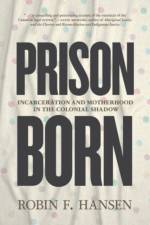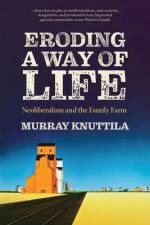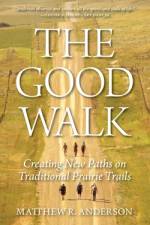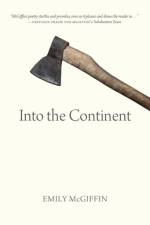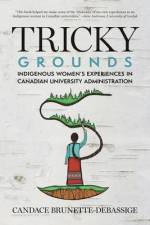- Neoliberalism and the Family Farm
av Murray Knuttila
379,-
An analysis of how neoliberal policies have radically restructured farming in Western Canada. The establishment of a Western Canadian economy dominated by family farming was part of the government's post-Confederation nation building and industrial development strategy. During this era, Western family farms were established and promoted to serve as a market for Canadian industrial goods and a source of export cash crops, which both played essential roles in the national economy. In Eroding a Way of Life, Murray Knuttila shows how decades of neoliberal policies, state austerity, deregulation, and privatization have fragmented agrarian communities across Western Canada, a process hastened by the advent of the capitalization of machinery and high-input industrial farming. As a result, earning a living on the family farm has become increasingly impossible. As farmers sell off their land to larger producers, rural communities are watching their railroads, schools, churches, post offices, and hospitals close, and many villages and small towns are being reduced to plaques on the highway. Analyzing the history of prairie agriculture through the lenses of class, federal policies, and global capitalism, Knuttila describes the physical, social, and political reordering of the countryside and the resulting human costs paid by farmers, labourers, and families.


